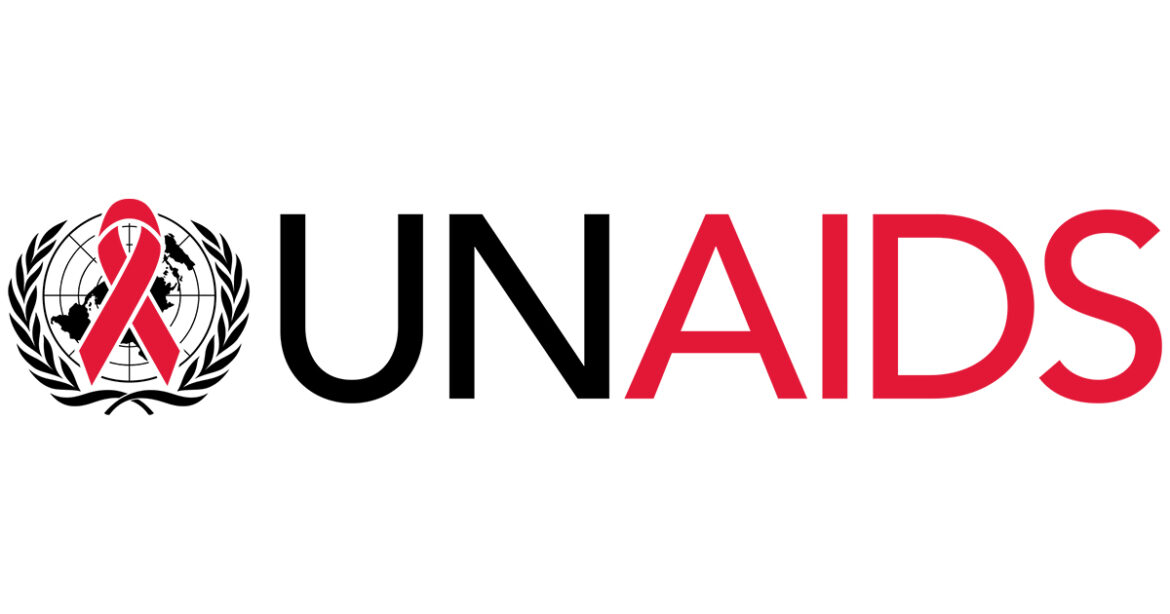By Haruna Gimba
United Nations Programme on HIV/AIDS (UNAIDS) has called on governments and partners attending the 78th World Health Assembly (WHA) to recommit to ending AIDS by 2030, as funding cuts threaten to cause an additional six million new HIV infections and four million preventable AIDS-related deaths.
UNAIDS estimates that an additional 2,300 people are contracting HIV every day. Without immediate action to dismantle barriers to healthcare, strengthen community-led responses, and unlock sustainable financing, a catastrophic loss of life and millions more new HIV infections could reverse decades of progress.
“I remember the darkest days of AIDS – the millions of lives lost, and the existential threat to global health security. We must not go back,” said UNAIDS Executive Director Winnie Byanyima. “Amid disruption, the international community needs to come together to protect the gains made in the response to HIV and see this battle through to the end.”
Long-acting injectable antiretroviral medicines such as lenacapavir – twice-yearly shots that are almost 100% effective in preventing new HIV infections – offer a chance to put the world back on track.
“We have an opportunity today of new, long-acting HIV prevention tools that could fundamentally reshape the HIV response and put us on course to end AIDS by 2030”, said Ms Byanyima. “We need a moonshot approach to mobilize a HIV prevention revolution – to scale-up these potentially revolutionary medicines and make them available and affordable to everyone who needs them.”
UNAIDS, the Global HIV Prevention Coalition, government ministers, community representatives, civil society and the pharmaceutical sector will discuss how to remove barriers to accessing lenacapavir, including pricing, intellectual property issues and regulatory hurdles at a special event on the sidelines of the WHA.
During #WHA78, member states will adopt a Pandemic Agreement, after three years of negotiations reached a consensus last month. “UNAIDS watched in horror as the world repeated many of the mistakes of the AIDS pandemic with COVID-19. With the Pandemic Agreement, governments have a chance to say, ‘never again.’
“I congratulate South Africa and France as Co-Chairs, Brazil and Thailand as Vice-Chairs, and WHO Director-General Dr Tedros Adhanom Ghebreyesus for this landmark achievement. It is proof that, even in times of crisis, multilateralism and global cooperation can deliver for humanity.”
At #WHA78, UNAIDS will underline the importance of implementing the Agreement, embedding equitable, inclusive and rights-based approach, advancing access to medical innovations, centring community systems, and protecting human rights.
The recent cuts in external funding for global health and development have devastated community-led organizations that deliver HIV services to people highly vulnerable to HIV. Many have had to close their doors or severely reduce their activities as international funding suddenly stopped.
UNAIDS, Coalition Plus, Frontline AIDS and UNAIDS are co-organising an event at #WHA78, in collaboration with WHO, focusing on the urgent need to sustain and scale up community-led health systems amidst mounting global crises and shrinking international aid.
UNAIDS has been working with governments to develop detailed transition plans towards greater domestic ownership of their HIV responses. Domestic resources already account for more than 60% of the HIV response.
In the face of massive cuts to international funding, Global South leaders are stepping up and accelerating efforts, but many countries are still facing huge challenges to increase domestic HIV funding when budgets are being drained by unsustainable debt repayments.
UNAIDS will talk about the urgent need for international financial reform to enable sustainable health financing for Africa in an event co-organised with Nigeria’s Ministry of Health and Social Welfare and the Global Fund to Fight AIDS, Tuberculosis and Malaria, and other partners.




